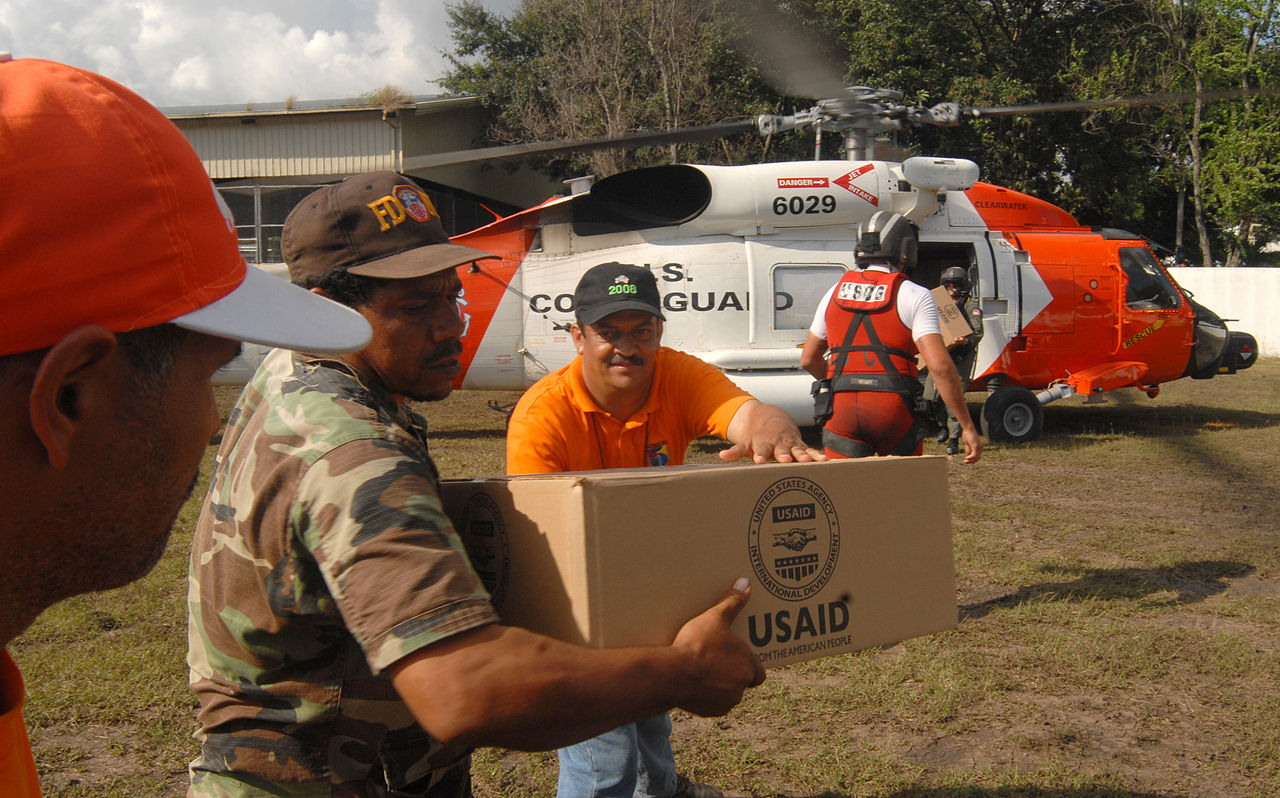In my first column for BPR, I wrote about the legacy of Chilean socialist Salvador Allende and the covert international scheme that led to a reactionary military coup against his egalitarian government. At the time of the coup, General Pinochet could count the United States Agency on International Development (USAID) as one of his main allies in taking over Chile and installing a brutal military dictatorship.

STR/AFP/Getty Images
Creative Commons License
Throughout the Cold War, this American government agency assisted in implementing anti-communist containment policies across Latin America, often providing crucial resources for the many right-wing dictators who came to power in the second half of the 20th century. An instrument for the projection of American soft power, USAID gained a reprehensible reputation for helping to instigate regime change – often in the name of the very people that would suffer under the new, U.S.-friendly administrations.
Established by President Kennedy in the midst of the Cold War, USAID was always meant to whip up public support for the United States abroad while the CIA conducted covert programs. The Cold War has come and gone (or has it?), but USAID is apparently still up to its old tricks. Last Thursday, the AP released a special report on “ZunZuneo” – a free mobile messaging and microblogging service used by thousands of cellphone owners in Cuba from 2009 to 2012. It turns out that the popular service – which had evolved into a thriving social network – was originally set up and funded by the American government agency, with the stated goal of bypassing Cuban Internet controls and renegotiating the “balance of power between the state and society” on the communist island.
The Creative team developed the concept, pitched it to Spanish firms that had knowledge of Cuba’s state-owned cell provider network, and made sure that the whole operation seemed legitimate enough to fool Cuban anti-surveillance. After gaining the list of phone numbers on the Cubacel network and funneling its finances through a bank in the Cayman Islands, USAID and its contractors worked tirelessly to hide any connection between ZunZuneo and the United States. For a while, the network boasted up to 40,000 users. As Cubans with new cellphones – a recently unbanned commodity – eagerly signed up for ZunZuneo, Creative Associates collected personal information on all of them. Innocuous surveys and quizzes allowed USAID to categorize respondents by ideological bent and susceptibility to subtle political propaganda. As the project got bigger, an interest developed in orchestrating spontaneous “smart mob” protests in the island through the network.From 2009 to 2012, USAID tried to make ZunZuneo (Cuban slang for a hummingbird’s tweet) what Twitter was for Tunisia. However, attempts at jump-starting a Cuban Spring were not only impertinent, but also very ill-timed.
Coming at a time when Raul Castro is trying to slowly open up the Cuban economy and quietly solve small disputes with the United States, the unveiling of this program could set back much of the recent progress made between the island and its neighbor to the north.
Additionally, the fact that the USAID initiative was outsourced to private hands – essentially putting both American and foreign citizens at the service of a foreign agenda program – adds one more episode to the worrying trend of handing over issues of national security to companies that have previously benefitted from government contracts, often with little congressional oversight.
Ultimately, the ZunZuneo fiasco seems to be an odd reversal of social media’s more recent political uses. However, the disappearance of the network in 2012 due to lack of funding on the U.S. side (and possibly little progress in affecting political upheaval) seems to indicate a growing awareness that gimmicky initiatives like top-down attempts to foster online activism won’t solve America’s problem with Cuba – only time, rapprochement and honest negotiations will do that.
